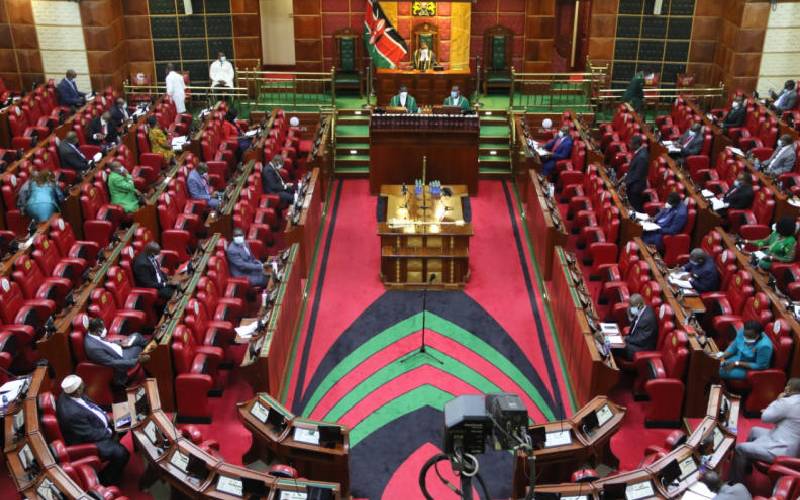×
The Standard e-Paper
Kenya’s Boldest Voice

Members of Parliament in past parliamentary proceedings. [File, Standard]
The Ministry of Foreign Affairs has opposed calls to have the number of embassies abroad reduced.